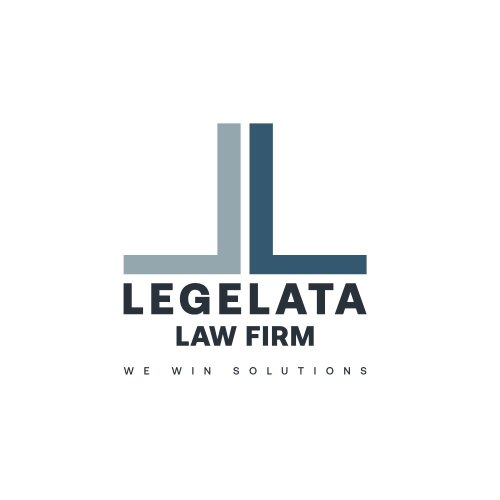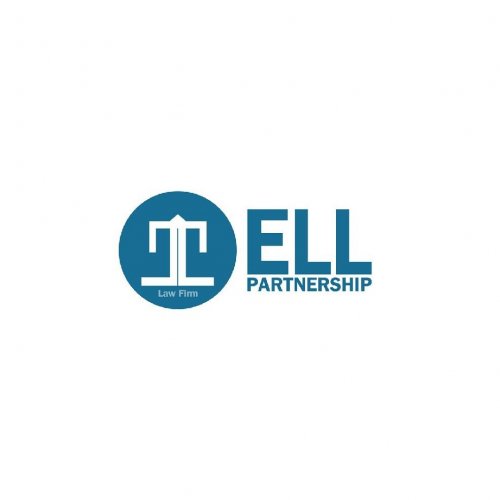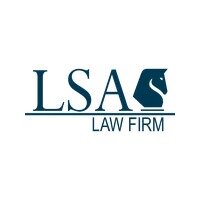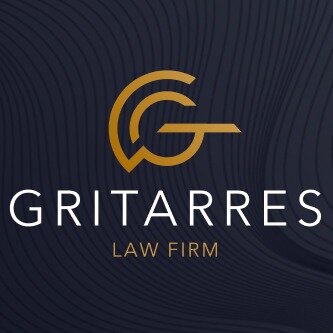Best Debt Capital Markets Lawyers in Armenia
Share your needs with us, get contacted by law firms.
Free. Takes 2 min.
Or refine your search by selecting a city:
List of the best lawyers in Armenia
About Debt Capital Markets Law in Armenia
Debt Capital Markets (DCM) in Armenia represent the segment of the financial market where organizations, corporations, and the government raise funds by issuing debt securities, such as bonds and notes. These instruments are key tools for financing public and private sector projects, refinancing existing obligations, and supporting economic development. The Armenian DCM is regulated to ensure transparency, investor protection, and market stability, and continues to evolve as the economy grows and integration with international standards progresses.
Why You May Need a Lawyer
Engaging a lawyer specializing in Debt Capital Markets in Armenia can be crucial for various reasons. Legal professionals help clients navigate complex regulatory requirements, draft and review transaction documentation, and ensure compliance with local and international standards. Common situations where legal advice is essential include:
- Structuring and issuing bonds or other debt instruments
- Ensuring compliance with prospectus and disclosure requirements
- Negotiating terms between issuers, underwriters, and investors
- Advising on tax implications of debt offerings
- Restructuring or refinancing existing debt obligations
- Representing clients before regulatory authorities
- Drafting and reviewing offering documents or agreements
- Guidance in cross-border debt offerings involving Armenian entities
- Managing legal disputes related to debt instruments
- Staying updated with changes in relevant laws and market practices
Local Laws Overview
The regulatory framework for Debt Capital Markets in Armenia is primarily governed by the Law of the Republic of Armenia on Securities Market, as well as regulations issued by the Central Bank of Armenia. Key aspects include:
- Registration and public offering of debt securities require approval from the Central Bank of Armenia
- Issuers must comply with strict disclosure and transparency rules, including the preparation of prospectuses and regular reporting
- Debt securities may be issued by public or private companies, as well as the government
- All market participants must follow anti-money laundering and investor protection measures
- There are regulations governing the activity of underwriters, brokers, and dealers in the placement and trading of debt instruments
- Foreign investors are allowed to participate in Armenian DCM, subject to certain restrictions and reporting obligations
- Secondary market trading of debt instruments is facilitated through the Armenia Securities Exchange (AMX)
- Taxation of interest and capital gains from debt securities is subject to Armenian tax laws and relevant double taxation treaties
Frequently Asked Questions
What types of debt instruments are commonly issued in Armenia?
The most common debt instruments in Armenia are government and corporate bonds, promissory notes, and certificates of deposit. Both short-term and long-term instruments are available, depending on the issuer's needs.
Who are the typical issuers in the Armenian Debt Capital Markets?
Issuers include the Government of Armenia, local municipalities, commercial banks, corporate entities, and occasionally international organizations.
What is required to issue debt securities in Armenia?
Issuers must comply with the Law on Securities Market, submit a prospectus for approval to the Central Bank of Armenia, meet disclosure requirements, and, if making a public offer, follow additional registration procedures.
Is legal due diligence mandatory for debt offerings?
While not explicitly mandated by law, legal due diligence is highly recommended to identify legal risks, verify compliance, and ensure the accuracy of information disclosed in offering documents.
Can foreign investors participate in Armenia's Debt Capital Markets?
Yes, foreign investors can buy and trade Armenian debt securities, although certain reporting and regulatory requirements may apply, especially for large investments.
What are the risks involved in investing in Armenian debt securities?
Risks include credit risk, interest rate risk, currency risk (for foreign investors), market risk, and regulatory or political risks. Reviewing offering documents and consulting with professionals is important.
How are debt securities traded in Armenia?
Debt securities are primarily traded on the Armenia Securities Exchange (AMX), which ensures an organized and regulated secondary market.
Are there tax implications for debt capital market transactions?
Yes, income from debt securities may be subject to income tax or capital gains tax. Tax treatment varies based on the type of investor and the terms of international tax treaties.
What disclosures must issuers provide to investors?
Issuers are required to disclose financial statements, risk factors, details of the security being offered, management information, and any material events affecting the issuer.
What happens if an issuer defaults on a debt security?
In case of default, investors may pursue legal remedies outlined in the bond documentation and Armenian law, which could include court proceedings or negotiating a restructuring of the debt.
Additional Resources
If you are interested in learning more or require assistance, the following resources can be helpful:
- Central Bank of Armenia - Regulatory guidance and licensing information
- Armenia Securities Exchange (AMX) - Market data, trading information, and regulatory updates
- Ministry of Finance of Armenia - Information on government debt offerings
- Local legal associations and bar associations for referrals to qualified lawyers
- International organizations such as the World Bank and IFC, which periodically publish reports on Armenia’s capital markets
Next Steps
If you need legal assistance with Debt Capital Markets in Armenia, consider the following steps:
- Clearly define your goals and concerns regarding debt issuance, investment, or compliance
- Gather all relevant documents, such as draft contracts, financial statements, and prior correspondence
- Contact a legal professional or law firm experienced in Armenian capital markets law
- Prepare questions about regulatory requirements, risks, and timelines
- Discuss potential strategies, legal fees, and expected timeframes with your lawyer
- Stay informed about regulatory changes and updates from official authorities
Seeking professional advice early can prevent costly mistakes, ensure compliance, and give you confidence in navigating the complexities of Debt Capital Markets in Armenia.
Lawzana helps you find the best lawyers and law firms in Armenia through a curated and pre-screened list of qualified legal professionals. Our platform offers rankings and detailed profiles of attorneys and law firms, allowing you to compare based on practice areas, including Debt Capital Markets, experience, and client feedback.
Each profile includes a description of the firm's areas of practice, client reviews, team members and partners, year of establishment, spoken languages, office locations, contact information, social media presence, and any published articles or resources. Most firms on our platform speak English and are experienced in both local and international legal matters.
Get a quote from top-rated law firms in Armenia — quickly, securely, and without unnecessary hassle.
Disclaimer:
The information provided on this page is for general informational purposes only and does not constitute legal advice. While we strive to ensure the accuracy and relevance of the content, legal information may change over time, and interpretations of the law can vary. You should always consult with a qualified legal professional for advice specific to your situation.
We disclaim all liability for actions taken or not taken based on the content of this page. If you believe any information is incorrect or outdated, please contact us, and we will review and update it where appropriate.
Browse debt capital markets law firms by city in Armenia
Refine your search by selecting a city.

















